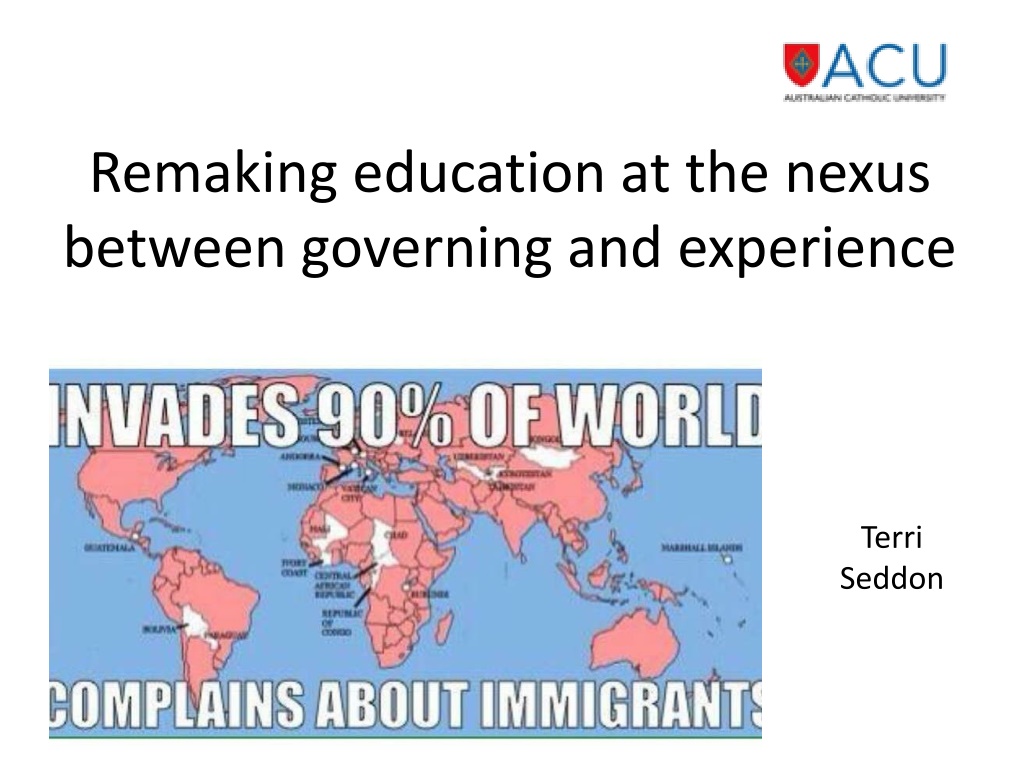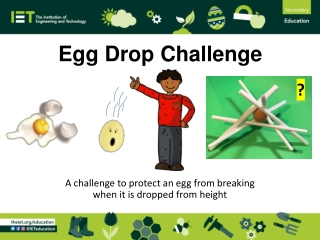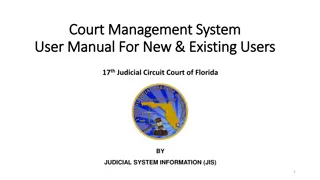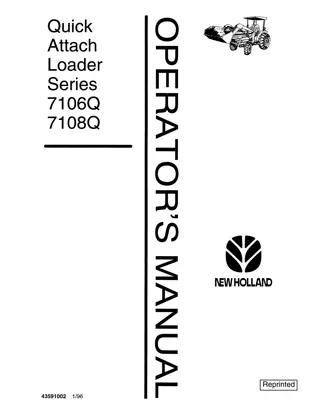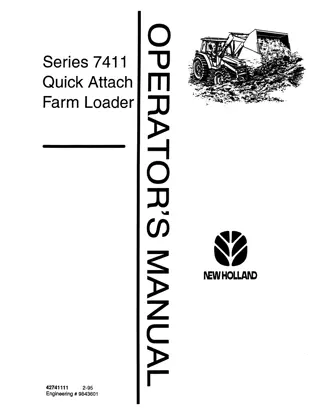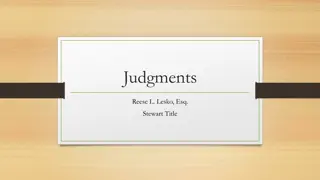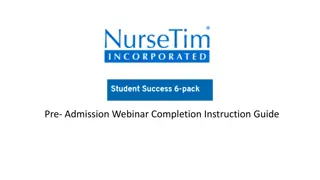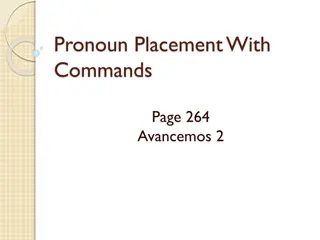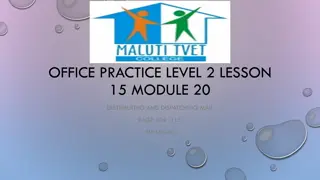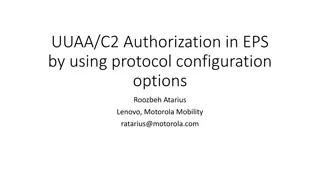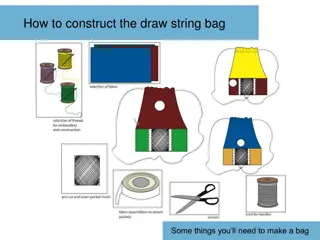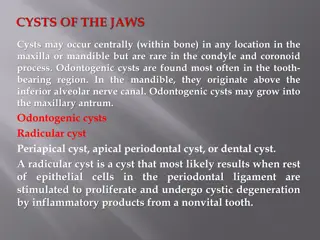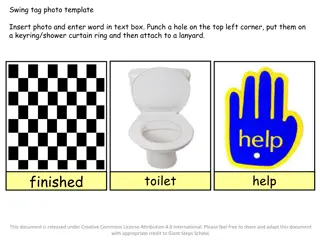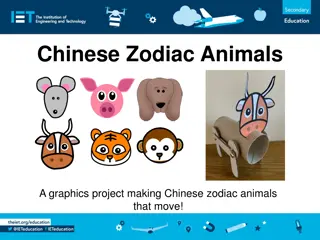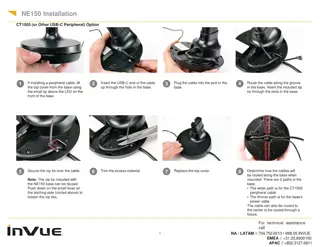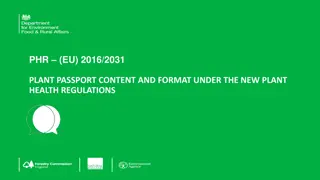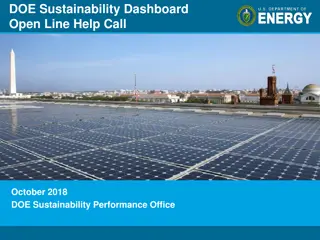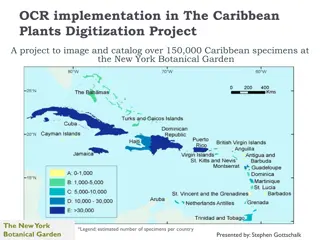Education, Governance, and Experience Nexus
Delve into the intricate relationship between governing bodies and experiential learning in European education space. Analyze the impact of lifelong learning reforms on occupational structures and societal dynamics, emphasizing the role of politics in reshaping work environments. Discover the art of politics in creating a space of orientation that fosters re-contextualization of fragmented struggles in learning and governance.
Download Presentation

Please find below an Image/Link to download the presentation.
The content on the website is provided AS IS for your information and personal use only. It may not be sold, licensed, or shared on other websites without obtaining consent from the author.If you encounter any issues during the download, it is possible that the publisher has removed the file from their server.
You are allowed to download the files provided on this website for personal or commercial use, subject to the condition that they are used lawfully. All files are the property of their respective owners.
The content on the website is provided AS IS for your information and personal use only. It may not be sold, licensed, or shared on other websites without obtaining consent from the author.
E N D
Presentation Transcript
Remaking education at the nexus between governing and experience Terri Seddon
Approaching a project Issue Theorist Application How to choose?
Fabricating Europe (2002) Problematises the European education space Targets policy rhetoric space of education Investigates the ambiguous and fuzzy idea, of a European educational space, created by transnational governance, networks, cultural and economic projects , and the possibility of a European public space for education/public spaces interweaved with education (p. 1 - emphasis added). So what is special about this respatialisation that unfolds with europeanisation? How does space relate to education ? And why is this space of education significant now, in this present?
Disturbing Work (2009) How do lifelong learning reforms in teaching, nursing and social work reconfigure occupational orders and transform politics in working life? A book project: Editors: Finland, Germany, Australia Contributors: Finland, Germany, US, UK, Australia Illegible regimes of power provoke active process of subjectification: The day-to-day struggle over the hearts and minds of human subjects is located not only within social structures but also in the process whereby they perceive any given situation, approve or validate it, assess its goals as proper or worthy, repugnant or reprehensible. What emerged in our analysis as a particular way of processing the social world, as its appropriation by individuals, has to be seen as a field of conflict between dominant cultural values and oppositional attempts to wrest cultural meaning and pleasure from life. It is a compromise a negotiation
Space of orientation Governing Learning Experiencing The art of politics .. is not about defining the right goal and then implementing it; the art of politics is about building connections, about creating a space of orientation which can re-contextualise fragmented struggles (Haug, 2010).
Research strategies Narrative writing to clarify the focus and key issues. Reflecting on research moments and projects to surface what I know. Identifying research literatures that pin down concepts, clarify assumptions, and offer methodologies. Interrogating the meaning, history and theory of the key concept. Fixing a place to stand by defining space-time horizons, this-that present and discursive resources
Transnational knowledge building Between fabricating & disturbing Europe Anchored in different experience (JB) Travelling ideas, eurocentrism, historical memories & cultural habits (Connell) Travelling ideas experienced as illegible regime of power (DW) Concepts, methods and practices of transnational knowledge building through bucket categories (Crosslife) Respatialising governing as governance: Space of dialogue acknowledges subsidiarity, legitimacy of knowledge but entangled with implicit hierarchies demands governance (NCVER). Territorial assumptions about the spatialisation of knowledge and place-based trust undercut governance through TNKB (EW) Travelling ideas and cultural histories entangled through persons, places and politics europeanisation as a case of economic and cultural globalisation Global-national analytic borderlands now generalised horizons of experience but must be seen if governance to make sense (ALGC) Education as means of orienting social learning to see, know and do work, learning and governing through TNKB
Disciplining research Marx-Feminism Space Globalisation Studies Adult Learning Time Cultural sociology & Foucault
Space Space has been evaded through: Mapping: creates depthless horizontality a surface without multiple trajectories (historical change, movements of things) Representations: eg. modernity flattens space to capture time (eg phases of development) Relations : structures that create causal closure to portray slices of time ( prisonhouses of synchrony )
From Europeanisation to Australianisation Liquid learning respatialisation of governing-experience through TNKB that reframes social learning Educational work labour that makes, orients and enacts space, which yields learning discursively disturbed Entangled histories of adult education Relational space of education institutional-ideational trajectories Governing space-time through contextual narratives - steering Navigating narrativities working, learning, governing/claiming
Space Place - Learning Space is relational, fundamentally open, a simultaneity of stories-so-far and infrastructure for the imagination (Massey) perceived, conceived, felt (Lefbvre) Space is the product of interrelations - space as constituted through interactions, from the immensity of the global to the intimately tiny (Massey, 2005: 9). Space is the sphere of the possibility of the existence of multiplicity - as the sphere in which distinct trajectories coexist; as the sphere therefore of coexisting heterogeneity (Massey, 2005: 9). Space is always under construction always in the process of being made. It is never finished; never closed (Massey, 2005: 9). Place as event, a throwntogetherness of presences and absences that contribute to its being made , a temporary stability, a particular here and now . Learning, unfolds through paradigms of knowledge and authority that govern and enable movements
Lifelong learning as space of steering
Education as infrastructure of imagination? Population management? Object of critique? http://www.thisiscolossal.com/2011/12/the-chromatic-typewriter/ Or paradigmatic space-times that situate, authorise and control knowledge? TNKB provides new methods, concepts & practices of education but the key question is still how this infrastructure for learning steers social learning with reference to contexts: Spatial horizons defined through territorial and/or disciplinary power; Practices of governing social inequalities, and Necessary utopias imaged as probable or preferred futures
